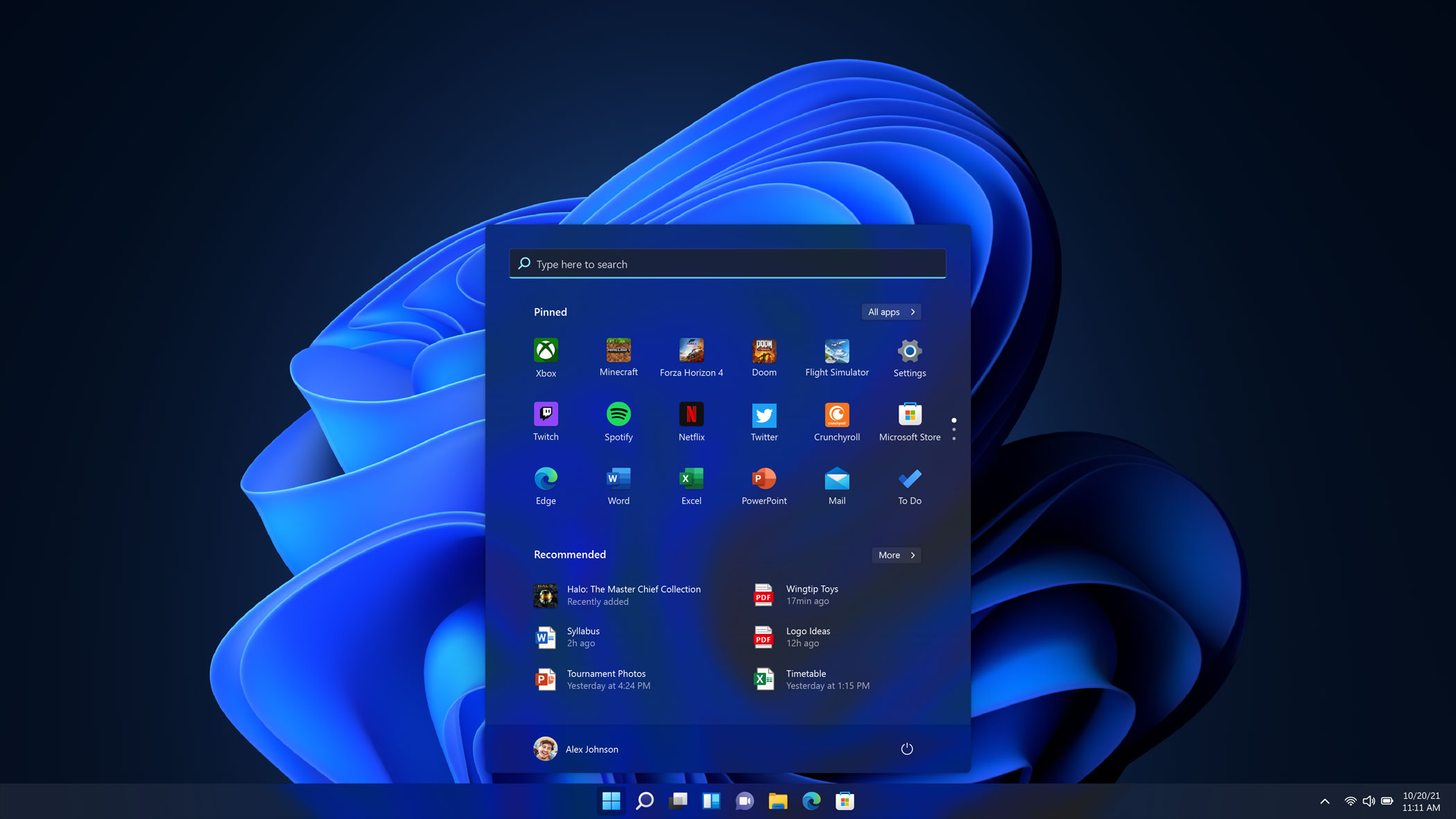ZedRM
Posts: 2,915 +1,948
The test system I am using to try out Windows 11 on has a GTX560 GPU, which is not a DX12 GPU. It's working just fine. In fact, no GPU drivers are installed during installation(no internet connection is used as I disallow it). I am certain the DX12 requirement is false.Are you sure? Because Microsoft's systems requirements page, and some articles I've read on other sites, sure make it seem like DX12 support is a hard requirement that's mandatory just for getting into the desktop.
Very likely.I see. It could be just a way to prevent a "leaked" alpha build from "leaking too much".
Not true. Microsoft would indeed meet a great deal of resistance if they enforced the requirements of UEFI, TPM and SecureBoot as a great many PC's in the world do not have these features and can not attain them. More than half the world in fact still runs on non-UEFI BIOS. Less than 10% have TPM at all let alone TPM 2.0. A similarly small percentage have SecureBoot. UEFI will eventually be dominant. But not everyone needs TPM or SecureBoot and they should not forced on everyone. Microsoft will encounter very extreme resistance if they try.Still, there's nothing keeping Microsoft to change that to an actual requirement. Who knows. Maybe they're "testing the waters".
Last edited:
